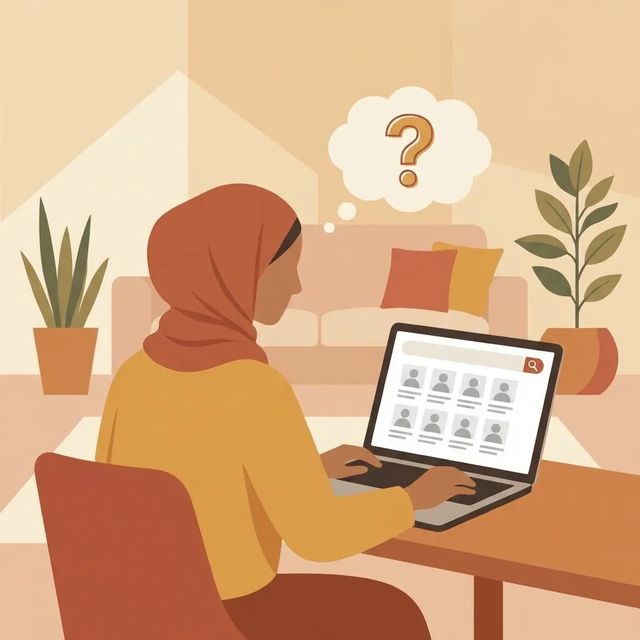Carter County Detention Center, KY
Need to reach someone at Carter County Detention Center? Look up an inmate, send messages or mail, add commissary funds, or schedule a visit.
Explore
Find an Inmate at Carter County Detention Center, KY
Search for a loved one and send messages and photos in minutes.

Guides for This Facility

How to Look Up Current Inmates at Carter County Detention Center (KY)
Need to check if someone is currently held at Carter County Detention Center? The facility's official website has a
Read Guide
How to Look Up Current Inmates at Carter County Detention Center (KY)
Need to check if someone is currently at Carter County Detention Center? Start with the facility's website — they have a direct link to the current inmate roster.
Read Guide
What Information to Have Ready Before Searching the Carter County Detention Center Inmate List
The Carter County Detention Center website has a link to the current inmate roster. Having a few details ready makes searching faster—and helps you avoid pulling up the wrong person. Names can be similar, spelling varies, and some people are booked under a legal name you might not recognize.
Read GuideAt a Glance
Sending Commissary
- Common deposit methods include online vendor portals, phone deposits, lobby kiosks, and mailed money orders.
- Most commissary and phone deposits are processed through third‑party vendor portals rather than directly through the facility.
- Whether a deposit method is accepted and whether fees apply varies by facility, so always check the Carter County Detention Center’s specific instructions.
Based on official sources and community feedback.Learn how we verify
Topic Overviews
Sending Commissary
Sending money to someone at Carter County Detention Center typically goes through a third-party vendor rather than the jail itself. You can add funds through a vendor website or mobile app, phone-based deposits, a lobby kiosk (if one's available), or a mailed money order if the facility accepts them. Posting times vary. Whether money orders work, and whether deposits can cover bonds or fees, depends on Carter County's specific rules, so confirm before sending anything. Watch for processing fees too. Some payment methods tack on charges at checkout. If you're funding commissary, phone time, or care packages, the approved vendor or kiosk will walk you through finding the inmate and selecting the right service.
Common Questions
What are the common ways to send money to an inmate at Carter County Detention Center, KY?
Common options include an approved online vendor portal, phone deposit services, a facility lobby kiosk (if available), or mailing a money order if the facility accepts it. Check Carter County Detention Center’s deposit instructions or the vendor portal for the exact methods supported.
Sending CommissaryWill I be charged a fee to add money to an inmate’s account at Carter County Detention Center, KY?
Possibly. Fees depend on the payment method and third-party vendor. Some services add processing charges at checkout. Check the total on the vendor site and Carter County's instructions before submitting a deposit.
Sending CommissaryCan I mail a money order for an inmate at Carter County Detention Center, KY?
Possibly, but it depends on what the facility accepts. Check Carter County Detention Center’s deposit instructions to confirm whether mailed money orders are allowed and where they must be sent.
Sending CommissaryReady to Connect?
Search for your loved one to start communicating today
Did You Know?
You can view current inmates through a link on the detention center's website.
This guide is based on feedback from dozens of families and official facility documentation. Learn how we verify
